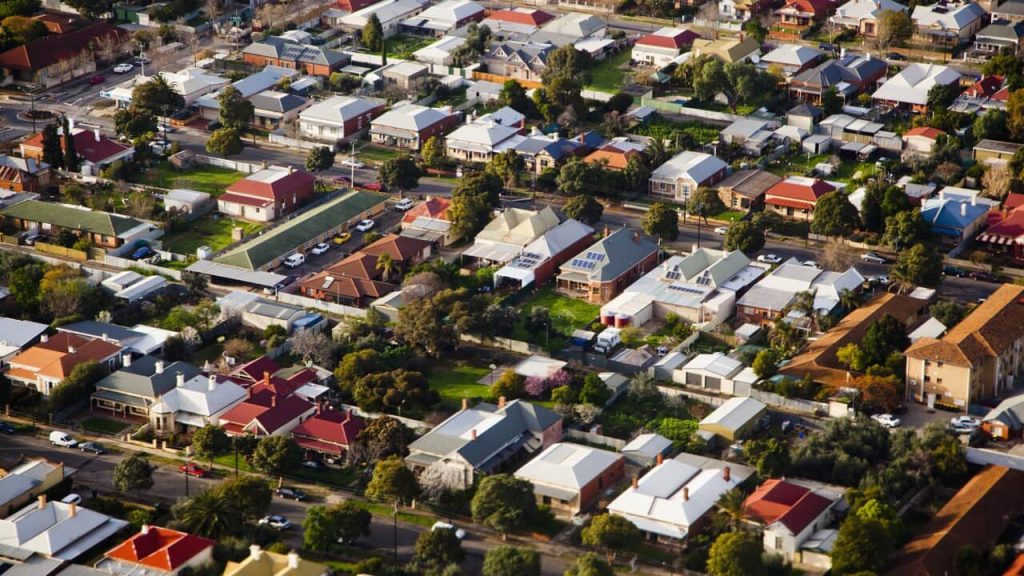The National Australia Bank (NAB) has revised its prediction for a central bank cash-rate cut, delaying its forecast from February to May 2025.
In a recent update, NAB said that, while inflation has shown signs of moderating, the Reserve Bank of Australia (RBA) was likely to remain cautious due to ongoing vulnerabilities, such as wage growth, global economic volatility, and consumer spending fluctuations.
“While recent data suggests inflation is moving in the right direction, the RBA will want to ensure a more stable footing before it considers rate cuts,” the bank wrote.
The other three ‘big four’ banks — Westpac, Commonwealth and ANZ — are still predicting a cut in February. There’s a chance there may no cut at all in 2025.
In early November, where it’s held rates for over 12 months.
In a statement justifying its decision to leave the cash rate at the highest level since November 2011, the RBA said inflation remained too high at 3.5 per cent in the September quarter.
‘Reminder of just how many balls are still in the air’
Experts say NAB’s new stance highlights ongoing economic uncertainty and the challenges facing the RBA as it continues its quest to control inflation and preserve economic stability.
In a statement, Canstar’s Data Insight Director Sally Tindall said the timing of the first cash rate cut is still “incredibly grey”
“Whether the RBA starts cutting the cash rate in February or May might seem minor in the grand scheme of things, but on a decent-sized mortgage, it can add up.
“Canstar research shows the average owner-occupier with $600,000 debt and 25 years remaining could end up paying almost $2,000 extra in interest over the next two years as a result of a May start to the rate cuts, as opposed to February.
“This change is a good reminder of just how many balls are still in the air at this stage, particularly for a central bank that is data-dependent,” Sally said.
RBA under pressure to cut rates
In a statement released in early November, the central bank highlighted that the economy is still adjusting, with growth in output being weak and household consumption subdued due to past declines in real disposable incomes and restrictive financial conditions.
Governor Michele Bullock has previously highlighted the importance of “careful calibration” in monetary policy decisions, a signal that the RBA does not intend to rush its rate cuts despite pressure to provide relief to borrowers and businesses
Some are pushing for the central bank to cut rates before the year is out.
Australian Council of Trade Unions secretary Sally McManus said in late October: “Australians have a right to expect that our rates can and should start to be lowered before the year is out,” citing other major economies around the world that had already been cutting rates.
“Australia’s families have spent three-and-a-half years shouldering the financial hardship that has come with the need to put the brakes on inflation.”


